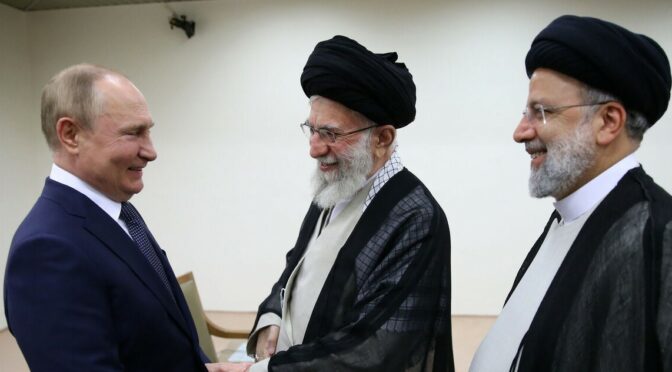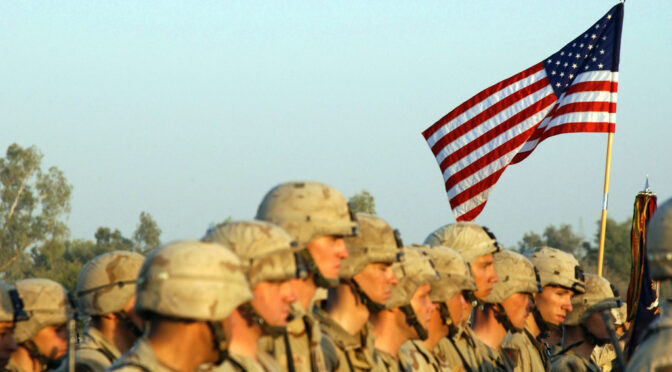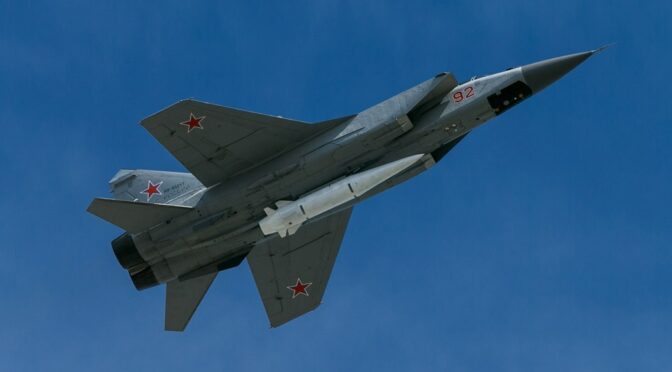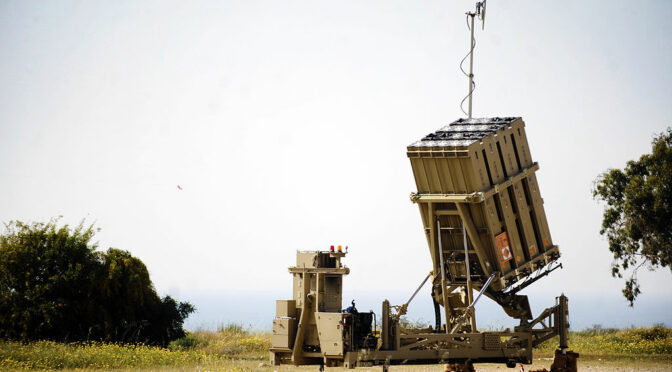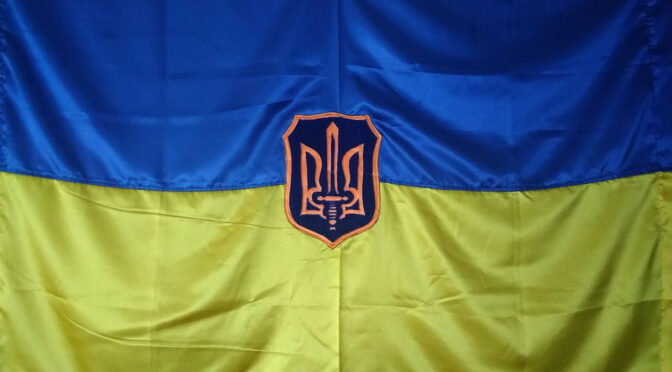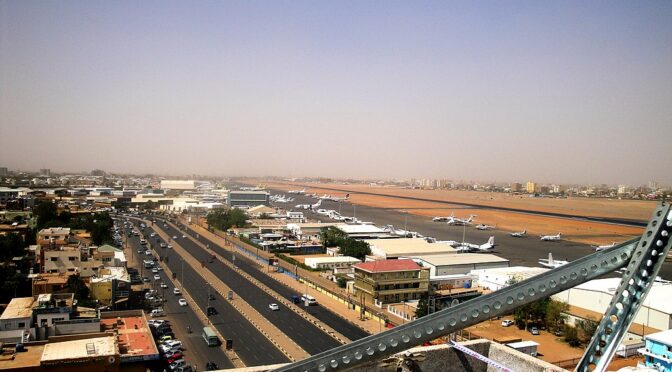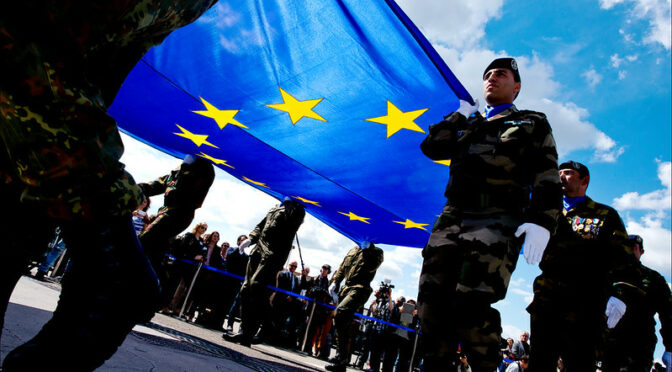Article published by Ynetnews.com, 23 May 2023. © Richard Kemp
A few days ago I was in Kyiv the night it was hit by the most intensive missile attack since the war began over a year ago. The city of three million people, the seventh most populous in Europe, was targeted by Russian hypersonic, ballistic, and cruise missiles and also by explosive drones.
Those drones were supplied to Russian forces by the Iranian regime, which also supplied and funded the manufacture of 1,468 missiles fired at Israel from Gaza the previous week. Only Israel’s and Ukraine’s sophisticated air defense systems prevented mass civilian casualties in both bombardments.
A woman in Kyiv explained to me the bitter irony of her friend’s family who had fled Iranian drones in the city for the safety of Israel, where they then found themselves under attack from Iranian missiles.
Adding insult to injury, some of Putin’s oligarchs that are deeply implicated in his war of aggression, and under international sanctions, are also now living in Israel, including Alexei Miller, Igor Sechin, Roman Abramovich, Boris Rotenberg, Vladimir Potanin, Viatcheslav Kantor and Igor Shuvalov.
In both Israel and Ukraine, many civilians have been killed or suffered life-changing injuries, severe psychological trauma, property destruction, deprivation of essential services, and economic harm — directly as a result of Iranian-sponsored weapons of war.
The regime has supplied large numbers of Fajr-3, Fajr-5, M302, and other missiles to terrorists in Gaza to attack Israeli civilians as well as technology and funds to produce rockets locally. They have openly admitted doing so.
Iran has also supplied drones and drone technology to Hamas, Islamic Jihad, and Hezbollah; in July 2022 the IDF shot down three Continue reading

